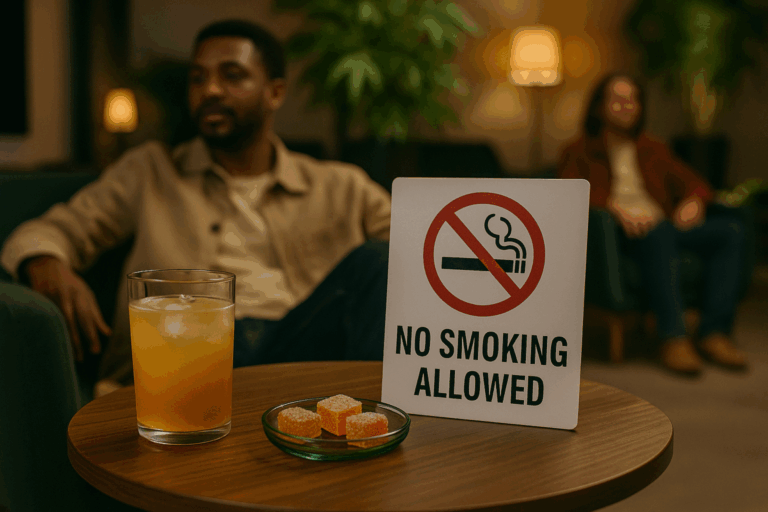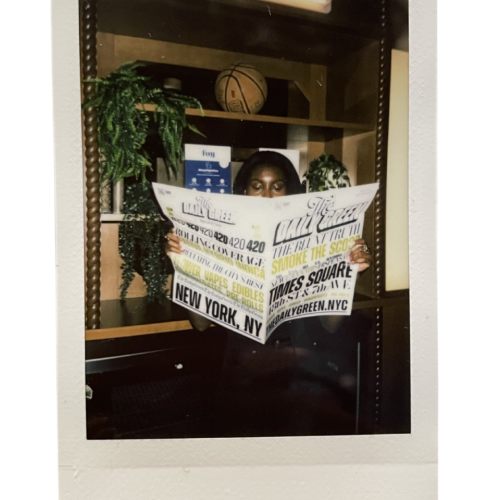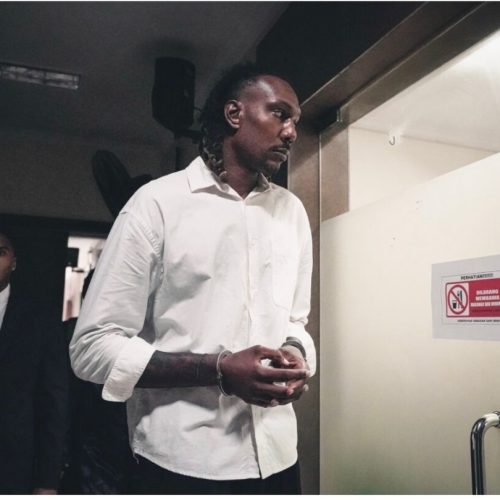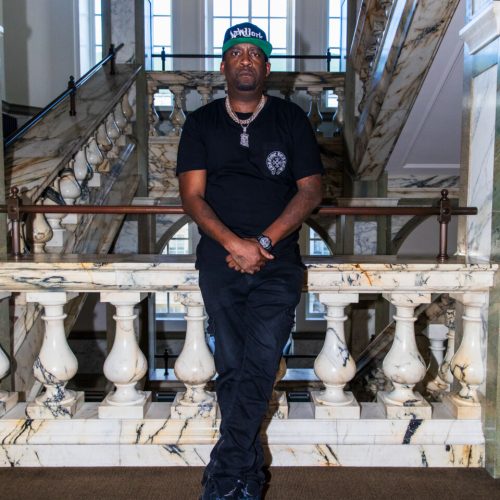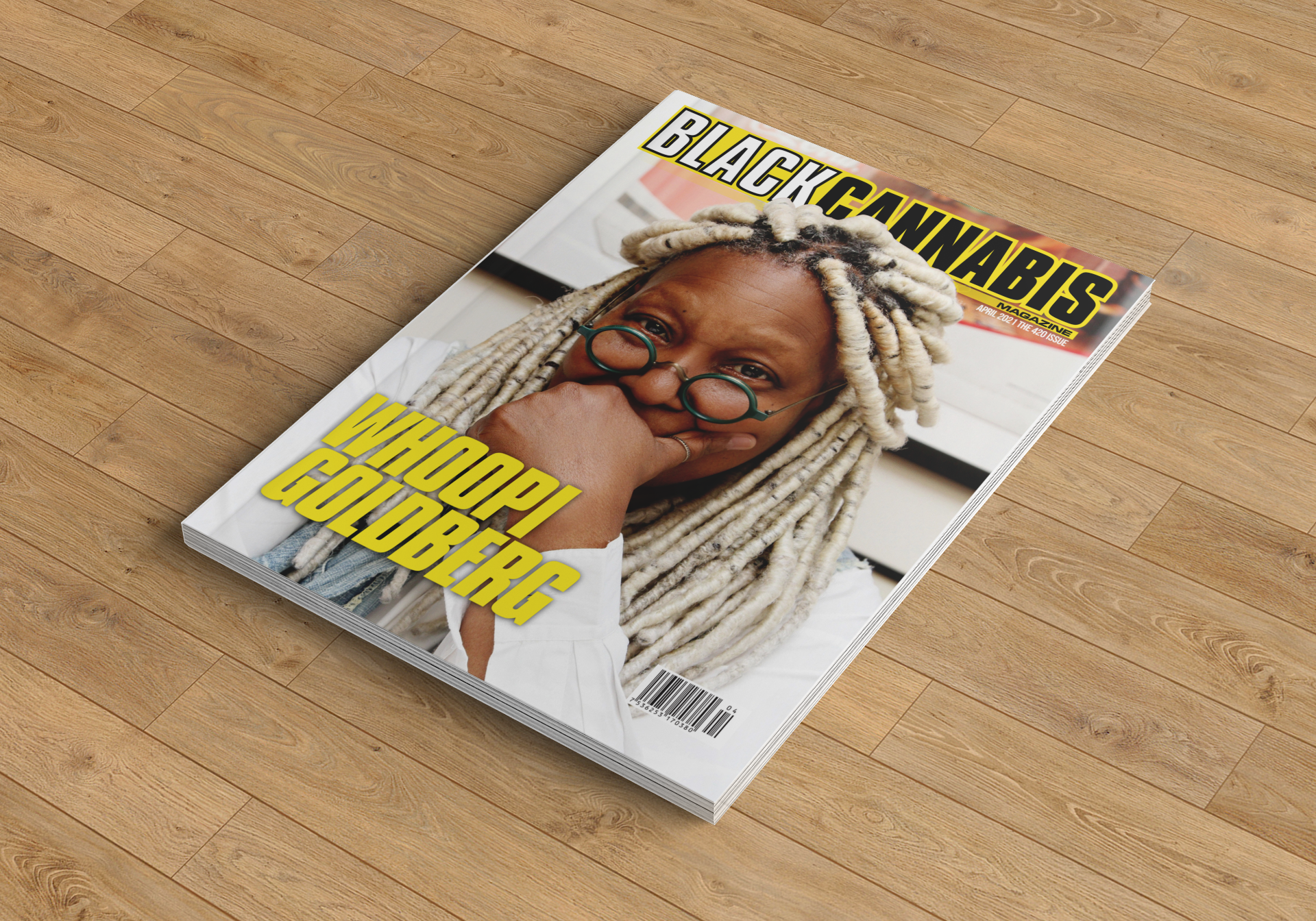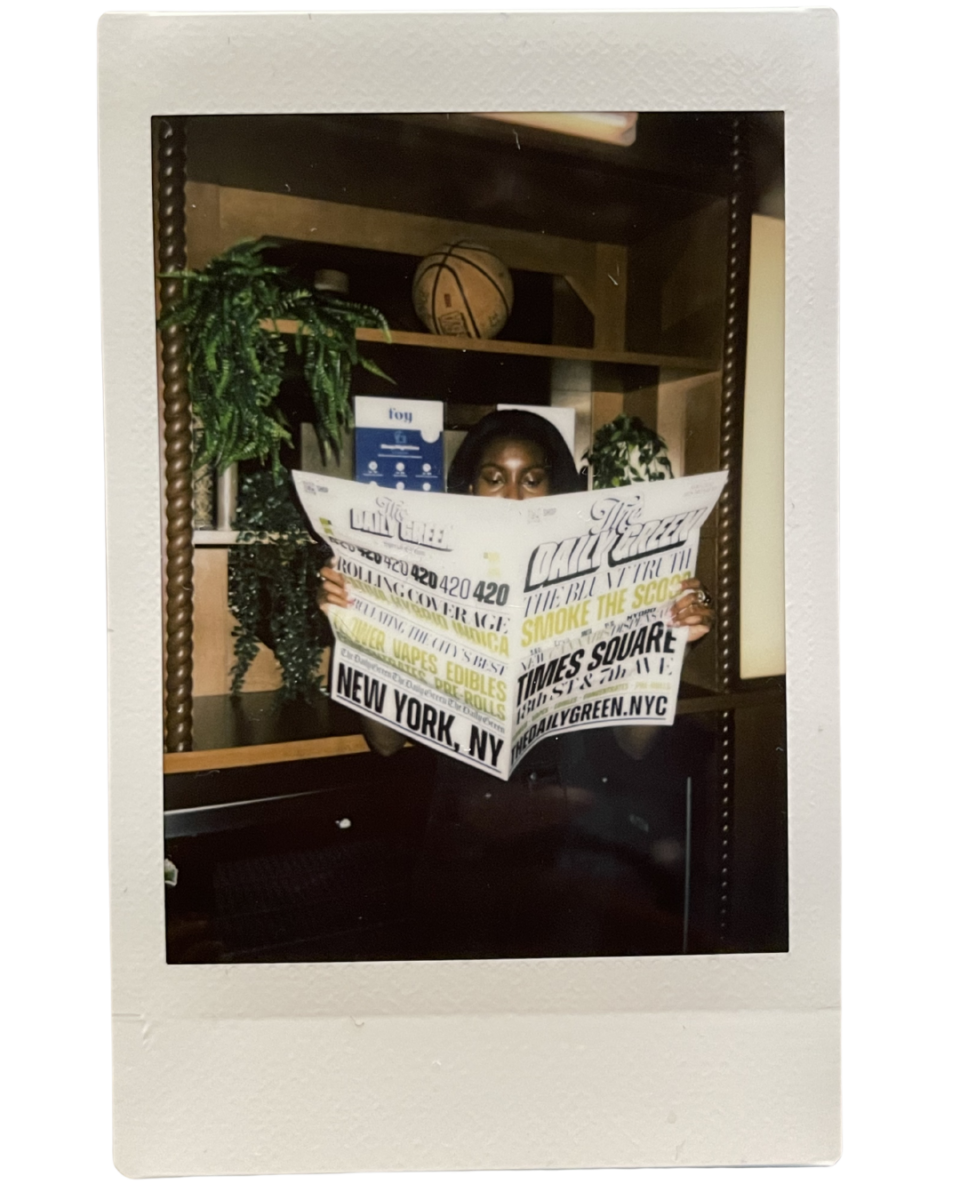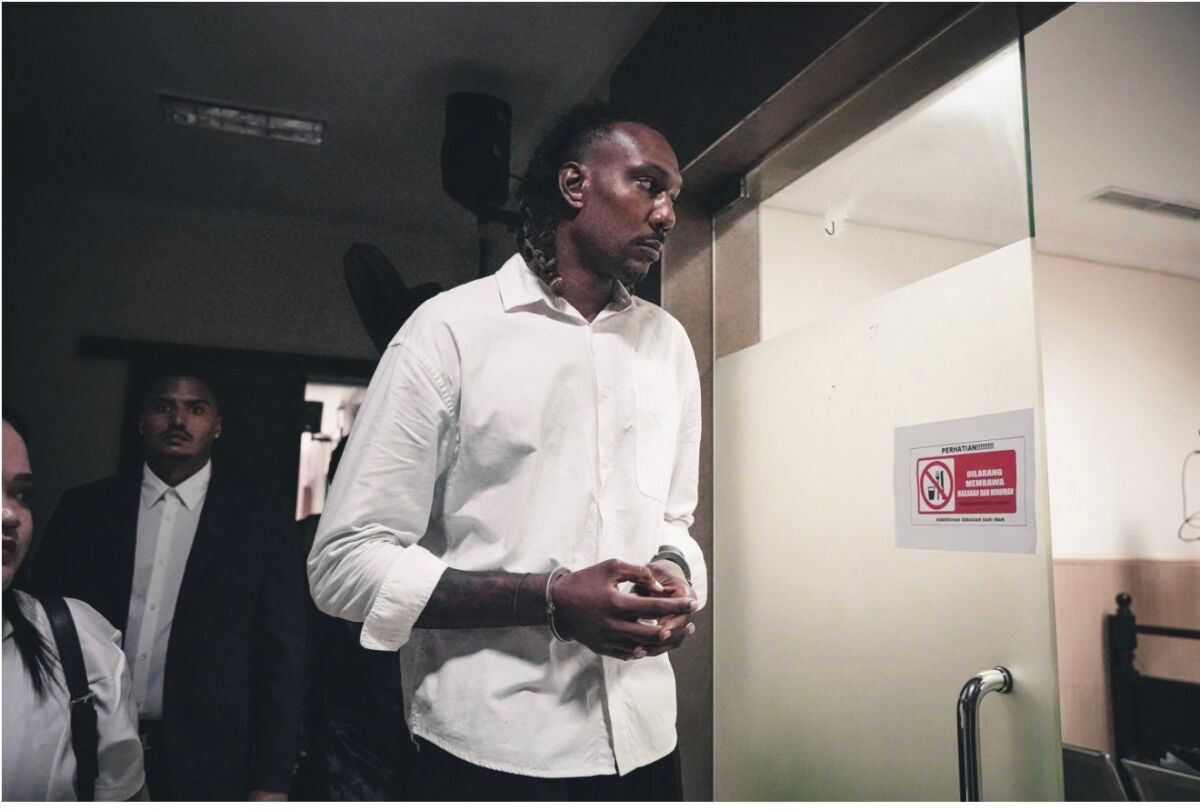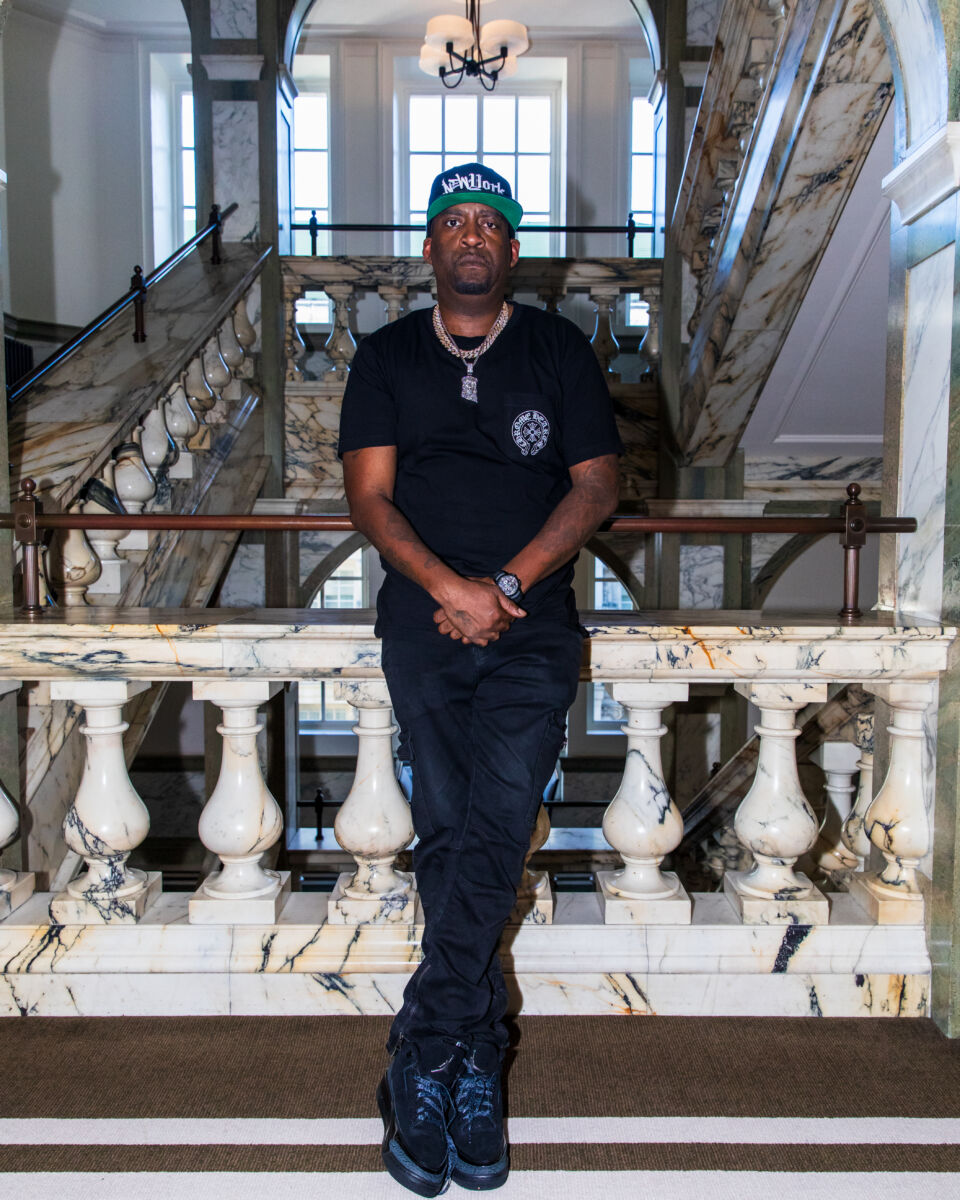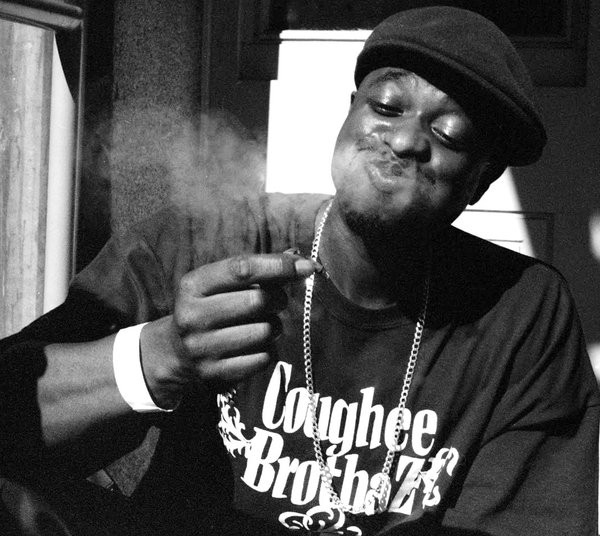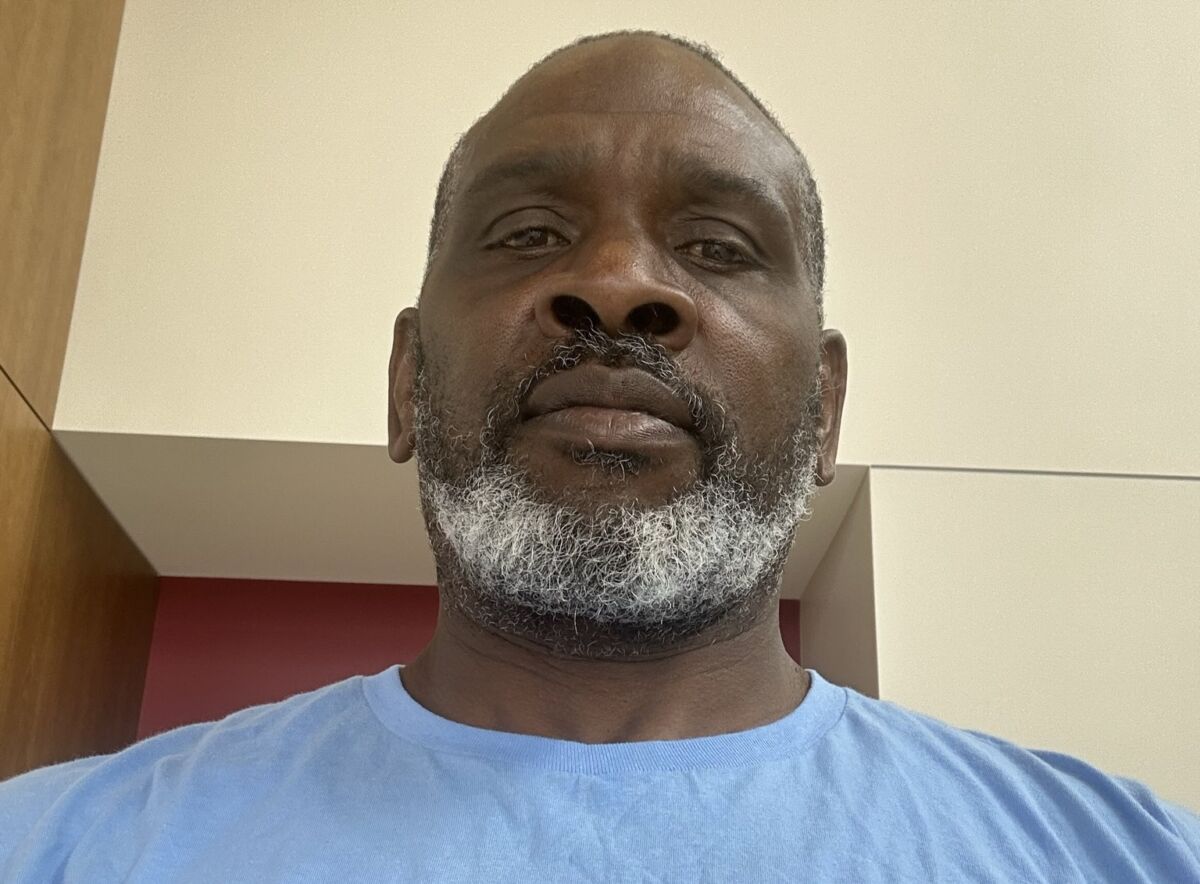Maryland just made headlines by becoming the latest state to legalize cannabis consumption lounges—but don’t light anything up just yet. Under Senate Bill 215, signed by Governor Wes Moore, up to 15 consumption lounges will be permitted statewide. But there’s a major catch: smoking isn’t allowed. And just like that, the promise of economic opportunity for social equity applicants starts to look more like a trap than a triumph.
Smoke-Free Spaces That Miss the Point
Let’s break it down: cannabis consumption lounges are supposed to be safe, communal environments for people to enjoy cannabis legally and socially. But Maryland’s version prohibits smoking—the most common method of consumption—and limits products to single-serving edibles and beverages capped at 5mg of THC. That means no pre-rolls, no dabs, no flower. Just weak drinks and gummies.
Imagine opening a cigar lounge with no cigars. Or a wine bar that only sells grape juice. That’s what Maryland is proposing, and they’re wrapping it in equity language.
Equity on Paper, Roadblocks in Practice
The law does prioritize licenses for social equity applicants—those from communities historically targeted by the War on Drugs. That sounds good, but access without viability is meaningless. What good is a license if the model can’t make money?
Lounges can only open in jurisdictions that pass specific local laws allowing them, meaning potential applicants face a second layer of red tape just to exist. On top of that, customers aren’t even allowed to take home leftover product. The margins are slim, the rules are tight, and the hurdles are high.
It’s like being handed the keys to a car with no engine and being told, “You’re free now. Drive.”
What Else Is in the Bill?
Senate Bill 215 also includes several other provisions:
-
THC Beverage Limits: Capping THC drinks at 5mg and limiting production to licensees effectively cuts hemp-derived beverage makers out of the market.
-
Employee Ownership: Allows license transfers to workers via employee stock ownership plans—an idealistic concept that might not matter if businesses can’t survive.
-
Product Quotas: Requires 25% of dispensary products to come from equity licensees. While this sounds supportive, it’s unclear how enforceable or beneficial this is without infrastructure to scale.
Lessons from Other States
Maryland isn’t alone in trying to make consumption lounges work. But the track record is shaky. Nevada’s first lounge, Thrive’s “Smoke and Mirrors,” closed down after a year. Denver only just opened its second lounge over 4/20 weekend. Lounges everywhere are struggling—and those allowed to offer actual smoke have a leg up.
So if established markets with looser rules are failing, how are underfunded, overregulated equity lounges in Maryland supposed to succeed?
A Setup for Soundbites
What Maryland’s doing isn’t building a real pathway to equity—it’s staging one. Politicians get to say they passed equity legislation, but the fine print makes the opportunity nearly impossible to capitalize on. It’s regulation that looks good in a press release but offers no meaningful upside for the people it claims to help.
Equity means ownership. Equity means access to real, sustainable business. Equity is not giving someone a license to operate in a system that’s designed for them to fail.
So What Now?
If Maryland really wants to empower social equity applicants, it needs to rethink how it defines “access.” That means loosening restrictions that box entrepreneurs in. That means aligning rules with how cannabis is actually consumed. That means creating realistic, profitable models—not smoke-free “lounges” that nobody asked for.
Until then, this policy feels less like progress and more like a PR stunt.
Black Cannabis Magazine is your go-to platform for cannabis culture, news, and lifestyle content with a focus on diversity and inclusion. For more information, visit www.blackcannabismagazine.com.
Copyright 2025 Black Cannabis Magazine. Distributed by Hazey Taughtme, LLC.

